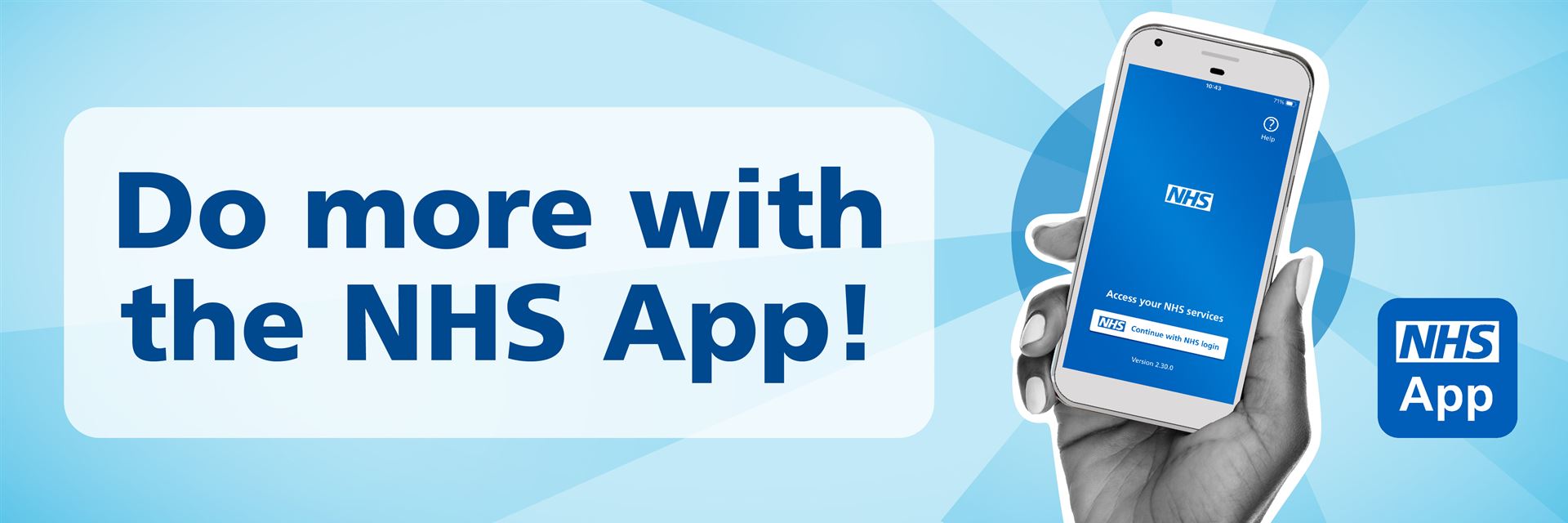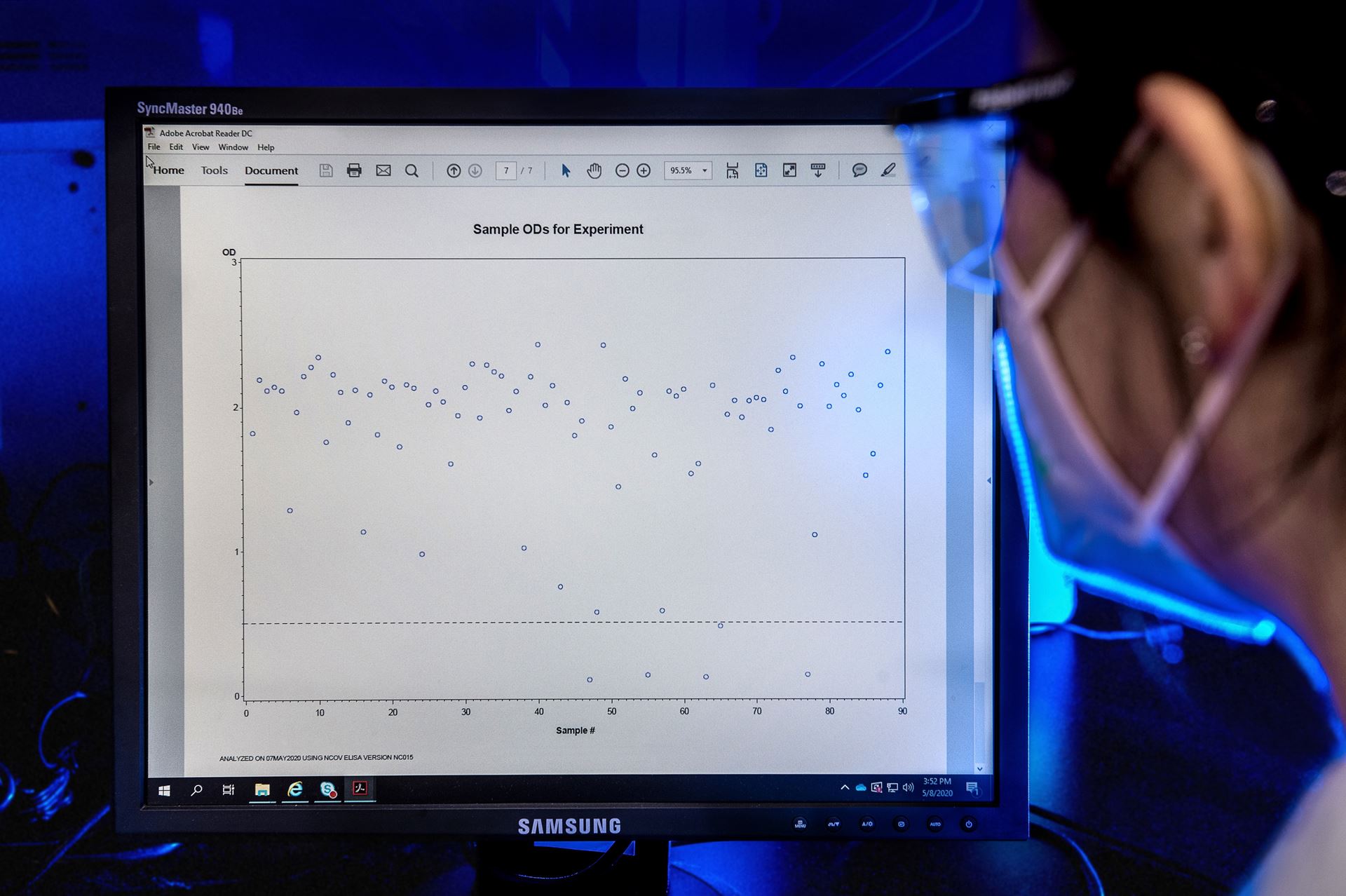Alum Rock Medical Centre
Non-urgent advice: Now Accepting New NHS Patients
Alum Rock Medical Centre is open for NHS registrations. Register online or contact reception today.
Healthwatch Birmingham
Page last reviewed: 23 December 2025
Page created: 06 December 2024
Page created: 06 December 2024








